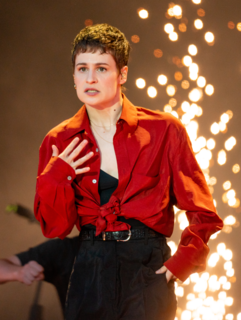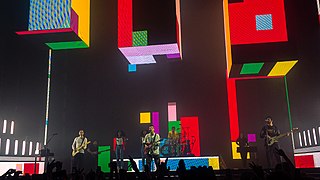A Quote by Lou Reed
I don't like the word rock opera, but I'm trying to write on that level that's reserved for plays still, or novels.
Related Quotes
Why do I like to write short stories? Well, I certainly didn't intend to. I was going to write a novel. And still! I still come up with ideas for novels. And I even start novels. But something happens to them. They break up. I look at what I really want to do with the material, and it never turns out to be a novel.
I've always loved opera; it never occurred to me that I would write a proper libretto. One of my closest friends is a composer, Paul Moravec, and a few years ago, Paul and I were at lunch, and I said to him, "you really have to write an opera." So, he says very casually to me, "I'll do it if you write the libretto." Well, little did I know that the within a couple of years we would end up getting a commission from the Santa Fe Opera to write an opera together, "The Letter," which turned out to be the most successful commissioned opera in the history of the Santa Fe Opera.
There's still a part of me that thinks I have to write a really good novel. I'm not trying to say I'm not happy with the novels I've written in the past. But it always feels to me like there's another one that I have to write that will really say what I want to say, and really paint this world that I can see hazily in my head.
Sometime during the 1990s, when I was teaching philosophy at UCSD, my friend, colleague, and music teacher, Carol Plantamura, discussed the possibility of teaching a course together looking at ways in which various literary works (plays, stories, novels) had been treated as operas, and how different themes emerged in the opera and in its original. One of the pairings we planned to use was Mann's great novella and Britten's opera. Unfortunately, the course was never taught, but the idea remained with me.



































